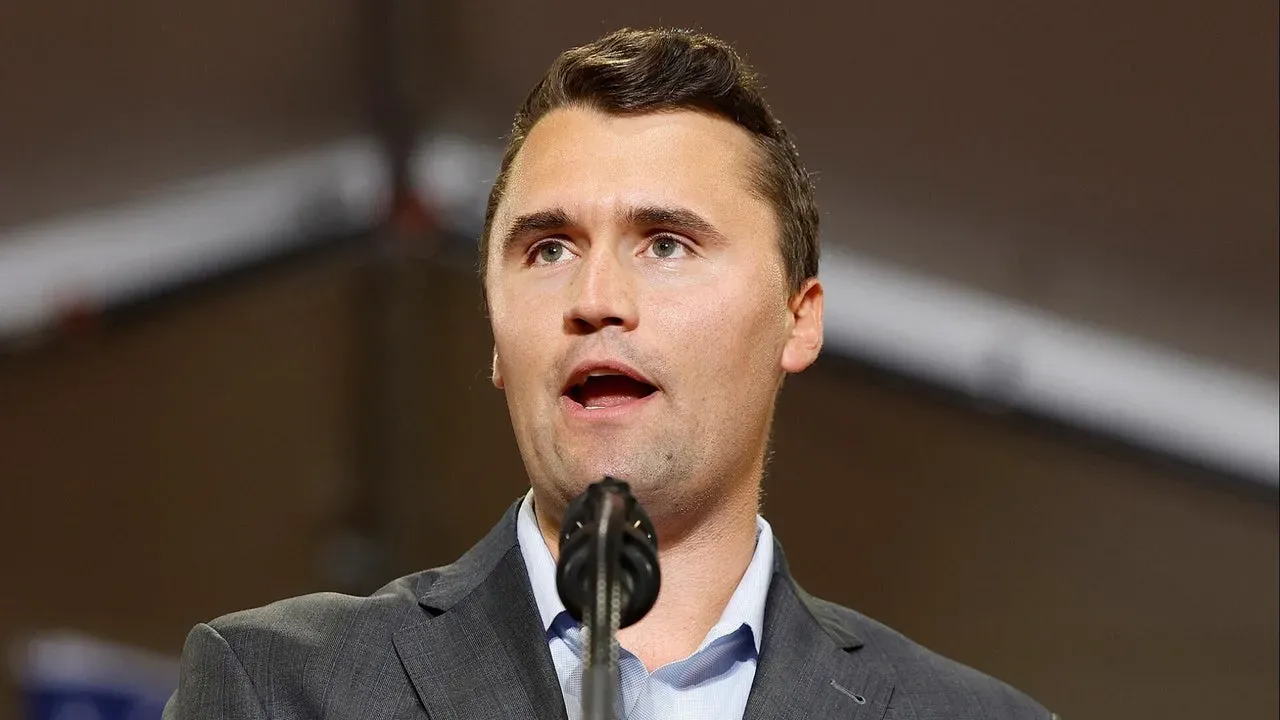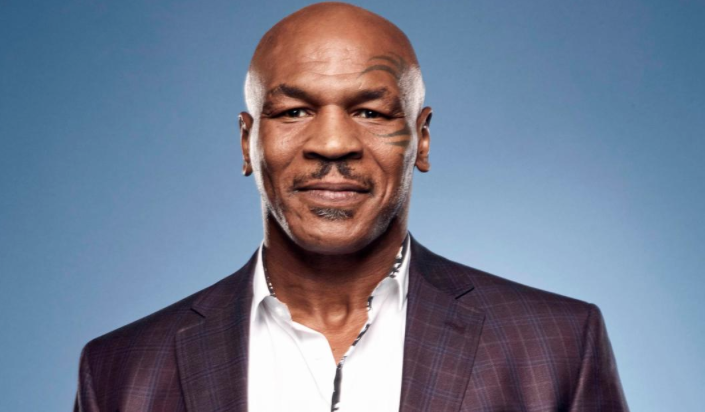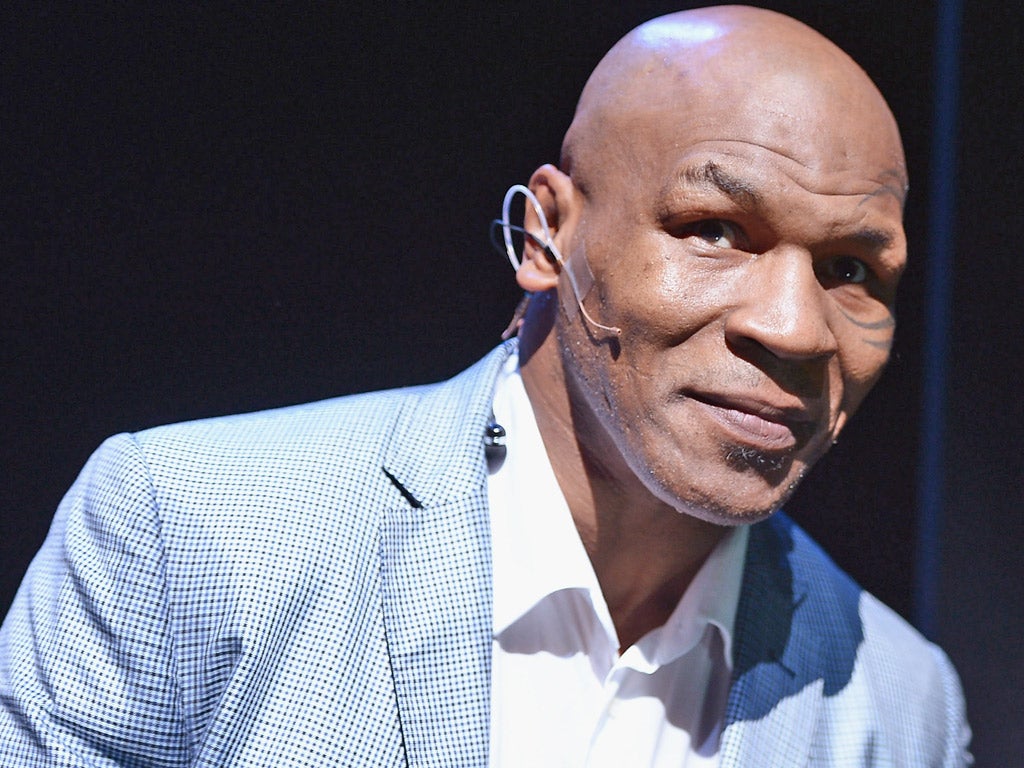Joe Rogan Drops a Bombshell: The “Charlie Kirk Incident” Seems Scripted — An Antique Gun, a Too-Fast Suspect, and a Collapsing Cover-Up!.ABC
It started as a quiet week in the world of American politics. Then, Joe Rogan opened his microphone.
Within hours, clips from his latest podcast episode spread across social media like wildfire. His topic? The mysterious and controversial death of conservative figure
“I don’t know, man,” Rogan said in his trademark skeptical tone. “The timing, the details, the way the media had everything ready — it’s like they had the press release written before it even happened.”
That single line sent shockwaves across the Internet.
Millions of fans, commentators, and digital sleuths flooded online forums, TikTok feeds, and Reddit threads, dissecting every word. Was Joe Rogan hinting at a hidden hand behind the scenes? Or simply questioning the eerie efficiency of modern media?
Either way, one thing was certain — the conversation had just changed.
From the start, something about the official account of Charlie Kirk’s mysterious death didn’t sit right with the public. Within

“Everything was wrapped up way too neatly,” Rogan remarked. “Real investigations don’t move that fast — not when you’re dealing with something this high-profile.”
He wasn’t alone in that sentiment. Legal experts, former journalists, and online analysts pointed out a strange pattern:
key documents surfacing before forensic testing was reportedly completed; early conclusions presented as fact; and contradictory witness accounts that were quietly edited out of later versions of reports.
To many observers, it felt less like journalism — and more like
One of the most puzzling details, which Rogan discussed at length, was the mention of a vintage firearm allegedly connected to the scene.
Authorities described it as an antique model, something collectors might display rather than use.
Rogan laughed mid-episode: “So let me get this straight — a modern, high-security event, and somehow the weapon involved is something out of a museum? That’s not just weird; it’s cinematic.”
The phrasing stuck. Cinematic.
Because the deeper people looked, the more the entire sequence of events began to resemble a movie — perfectly timed statements, carefully worded press releases, and a cast of characters whose reactions seemed rehearsed.
Several veteran journalists, interviewed later by independent outlets, shared Rogan’s concern.
One reporter, speaking anonymously, admitted:
“In all my years covering national stories, I’ve never seen the official line come together that quickly. It usually takes days, even weeks, to verify those details.”
Others noted how quickly social media platforms synchronized their coverage — hashtags trending within minutes, influencers posting identical summaries, and algorithmic boosts favoring one specific narrative.
It was as if the digital machinery of modern information had already been primed.
And that’s where Rogan’s theory — or, as he phrased it, his “instinct for patterns” — came into play.

Rogan didn’t accuse anyone directly.
He didn’t name names, nor did he present “evidence” of a conspiracy.
What he did, however, was arguably more powerful — he raised doubt.
“What if the story was written before the truth was known?” he asked. “What if, in today’s media environment, the narrative always comes first — and facts are just backfilled later to fit it?”
It was a rhetorical question that resonated with millions who have grown skeptical of mainstream news cycles.
The sense that events are being shaped not just by what happens, but by
Within days, the phrase “prewritten story” trended across X (formerly Twitter).
Memes, short edits, and commentary clips took Rogan’s speculation and ran with it — turning a three-minute discussion into a nationwide digital autopsy of the media.
Another point Rogan couldn’t ignore was how quickly authorities named and apprehended the alleged suspect.
According to official statements, the individual had been identified, located, and detained within a matter of hours.
“That’s lightning-fast,” Rogan said, raising an eyebrow. “Almost like they were waiting.”
The comment sparked immediate backlash from some news pundits, who accused Rogan of feeding paranoia.
But others saw it differently — not as accusation, but as necessary skepticism.
“Joe Rogan’s platform is one of the few remaining spaces where questions are still allowed,” wrote columnist Dana Harlow. “Whether you agree with him or not, the fact that he’s willing to say, ‘Wait a minute, that doesn’t add up,’ is what journalism used to be about.”
And for many viewers, that struck a chord.
Independent researchers have since compiled detailed timelines, comparing timestamps from live news reports, police updates, and social media activity.
The results only deepened the mystery.
At least three major outlets published identical details about the case before official agencies had released them publicly.
How could that happen?
Either those outlets had advanced briefings — or someone in the chain had already written the script.
Rogan’s podcast didn’t break those findings — but it amplified them, giving voice to what thousands of online commentators had been whispering for weeks.
As more inconsistencies surfaced, what began as a neatly packaged case started to unravel.
The alleged suspect’s motive shifted three times in as many days.
Witness statements conflicted with each other.
And early claims about forensic evidence were quietly walked back.
In one particularly striking example, a media outlet removed references to “confirmed ballistic matches” from its article — replacing them with “sources suggest” without explanation.

By the time fact-checkers caught up, the damage was done.
The Internet had already concluded: the story didn’t hold.
That’s when Rogan’s “prewritten” theory gained even more traction — not because it was proven, but because every new correction made the official version look less authentic.
Beyond the headlines, Rogan’s comments tapped into something larger — the cultural anxiety of a nation that no longer trusts its information systems.
“Every major story now feels like it’s been test-screened,” Rogan joked. “They know exactly how we’re supposed to feel before we even get the facts.”
To his audience, it wasn’t just funny — it was frighteningly accurate.
In an era where algorithms decide what trends, and public narratives unfold with movie-like pacing, the idea that “reality is being produced” doesn’t sound like science fiction anymore.
It sounds like Tuesday.
As expected, the reaction was polarizing.
Supporters flooded Rogan’s comment sections with praise for “saying what everyone’s thinking.”
Critics accused him of irresponsibility, arguing that his words could fuel misinformation.
But amid the noise, one thing stood out — people were talking about the case again.
Hashtags related to Charlie Kirk’s death resurfaced, investigative threads reignited, and digital detectives dug up old clips, eyewitness posts, and timelines.
For better or worse, Rogan had reignited the fire.
To his credit, Rogan walked a fine line.
He didn’t accuse institutions, nor did he allege foul play.
Instead, he questioned patterns — the uncanny repetition of “too-perfect” stories in modern crises.
“Look, man,” he said near the end of the episode, “I’m not saying there’s a grand plan. I’m saying we’re living in a time where the truth takes second place to the narrative.”
That line alone summed up the entire debate.
Joe Rogan’s reach is unmatched.
With millions of listeners and an audience that spans political divides, his words carry cultural weight.
When he questions something, the ripple effect is enormous.
By the end of the week, clips of his discussion had been viewed over 40 million times across platforms.
Mainstream outlets, forced to respond, published “fact checks” and rebuttals — ironically giving the story even more oxygen.
And for Rogan, that’s the point.
“I don’t need to be right,” he told guest host Bryan Callen. “I just want people to ask questions again.”
At its core, Rogan’s podcast wasn’t about the death of one man — it was about the death of curiosity.
The sense that stories today are less about discovery and more about delivery.
That’s why the phrase “prewritten” hit so hard.
Because whether you believe in an actual cover-up or not, the speed and uniformity of modern storytelling often make truth feel secondary.
“The question isn’t who’s lying,” Rogan said, “it’s who’s editing.”
As the dust settles, the Kirk case remains unresolved in the court of public opinion.
Authorities continue to insist the investigation was handled by the book.
Yet the Internet refuses to move on — piecing together fragments, screenshots, and inconsistencies like a decentralized detective network.
Joe Rogan, meanwhile, has moved on to other topics.
But the echo of his words — “It feels written before it happened” — still haunts online discussions.
Because whether he intended to or not, he gave form to a feeling that millions already shared:
that in the modern information age, truth is no longer discovered — it’s released on schedule.
The larger takeaway from Rogan’s bombshell isn’t about crime or politics — it’s about culture.
The blurred line between real events and curated storytelling has reached a breaking point.
And figures like Rogan, love him or hate him, are forcing the conversation back into the public square.
Perhaps that’s why this story refuses to fade.
Because beyond the mystery, beyond the theories, there lies a universal question:
Mike Tyson, the legendary “Baddest Man on the Planet,” stunned fans with his raw emotion upon hearing the news of Charlie Kirk’s passing. Tyson admitted he was shaken:D

Mike Tyson, the legendary “Baddest Man on the Planet,” has always been a figure larger than life. Known for his ferocious presence in the boxing ring, his name evokes images of unparalleled strength, intimidation, and a kind of raw, untamed power that few could match.
Yet even someone who has faced the most terrifying opponents in his career—the fiercest and most relentless of adversaries—can find himself shaken by forces far beyond the ring. The passing of Charlie Kirk was one such force, a reminder that life’s ultimate opponent is both universal and unyielding: death.
The news struck Tyson with profound intensity. “I’ve faced monsters in the ring,” he admitted, voice heavy with emotion, “but nothing prepares you for the passing of a human life.
Charlie was young, full of passion, and believed in something. Agree or not, he left his mark.” This statement, raw in its honesty, highlights the vulnerability even the strongest among us share. It reminds us that no title, no fame, no physical prowess can shield a human being from the fragility of existence.

Charlie Kirk’s story, while tragic in its abrupt end, is a testament to the energy and ambition that defines youth. Born into an era dominated by digital connectivity, social movements, and constant media scrutiny, Charlie navigated life with an intensity that was impossible to ignore.
He was known for his fiery personality, his commitment to his beliefs, and his willingness to confront challenges head-on. In this sense, he embodied a kind of courage that resonates deeply in a world often characterized by caution and conformity.
Tyson’s reaction, however, reminds us that heroism is not always about what one achieves in life but also about the impact one leaves behind. When a figure as formidable as Tyson acknowledges the significance of another person’s life, it forces a broader reflection on the value of human experience.
Charlie Kirk, regardless of public opinion or political alignment, mattered. He mattered because he stirred thought, provoked dialogue, and dared to live authentically.
The former champion’s words also touch on a deeper philosophical truth: the impermanence of life. “All that remains is love and memory,” Tyson said, encapsulating an idea that has resonated across cultures, religions, and centuries.
Civilizations have risen and fallen, kingdoms have crumbled, and yet the essence of human connection—the intangible bonds of love, the shared experiences, and the memories we leave behind—remains. It is this essence that defies time, that persists beyond the final bell, the last breath, the inevitable silence.
Grief, of course, is a deeply personal experience, and Tyson’s public display of emotion offers a rare glimpse into a side of him that many may not have seen. Known for his ferocity and occasionally controversial persona, Tyson’s vulnerability in response to
Charlie Kirk’s death underscores the universality of sorrow. Regardless of strength, fame, or reputation, human beings are susceptible to loss. And in acknowledging this susceptibility, Tyson provides a mirror for all of us, a reflection of our own mortality and the fleeting nature of existence.
Family and community play a central role in this reflection. Tyson spoke about the importance of family and the grounding effect it has amid life’s chaos. In our modern world, where public recognition and social media validation often overshadow intimate connections, the reminder that family—biological or chosen—serves as an anchor is both necessary and poignant.
Charlie Kirk’s life, and by extension his death, offers an opportunity to consider what we value in our own lives: the relationships we nurture, the moments we cherish, and the legacies we hope to leave behind.

One cannot ignore the cultural implications of such an event. In an era where public figures are dissected, analyzed, and often reduced to caricatures, the loss of a young, passionate individual serves as a sobering counterpoint.
It challenges the audience to look beyond headlines, beyond political labels or social media personas, and to recognize the human being beneath. Tyson’s acknowledgment of Kirk’s impact, irrespective of agreement or disagreement with his ideas, is a call to empathy. It is a reminder that every life has intrinsic value, every voice has resonance, and every human experience contributes to the broader tapestry of society.
The symbolism of the boxing metaphor is particularly striking. Tyson, who spent decades in a sport defined by conflict, endurance, and measured aggression, draws a parallel between the challenges faced inside the ring and those encountered in life.
Life, much like boxing, is unpredictable. It tests endurance, demands courage, and punishes hubris. And yet, unlike the ring, life’s ultimate challenge—the inevitability of death—is universal and impartial. Charlie Kirk’s passing is a stark reminder of this truth, a bell that tolls for us all, regardless of stature, strength, or conviction.
Memory, as Tyson highlighted, is the most enduring form of legacy. Stories, actions, and the ways in which one touches the lives of others outlive material achievements and public accolades.
Charlie Kirk’s fiery engagement with the world, his willingness to provoke thought, and his unmistakable presence in public discourse ensure that his memory persists. Through recollections, narratives, and the impressions he left on others, Charlie’s influence continues, a quiet echo that transcends temporal limitations.
Furthermore, Tyson’s reflection invites a contemplation of the broader human experience. Mortality is perhaps the most unifying of all human truths. It spares no one, transcends boundaries, and confronts us with questions that are both unsettling and essential: What is the meaning of life?
How should one live in the face of inevitable loss? What, if anything, remains after we are gone? These questions, though ancient, are reignited with every untimely passing, compelling society to pause, reflect, and reassess.
It is also worth noting that grief manifests differently for everyone. While some may channel sorrow into action, advocacy, or remembrance, others may retreat into introspection and quiet reflection.
Tyson, by publicly acknowledging his emotional response, normalizes the experience of grief, breaking down cultural expectations of stoicism, particularly among men. His openness is an important reminder that vulnerability is not weakness; it is a testament to the depth of human feeling and connection.

The notion of youth and lost potential is especially poignant in this context. Charlie Kirk’s life was marked by vigor, ambition, and engagement with ideas. His untimely passing magnifies the sense of fragility that accompanies youth—a stage often idealized for its promise and potential.
Tyson’s comments implicitly recognize this tragedy, honoring not only the person but also the possibilities left unrealized. It is a meditation on the delicate balance between vitality and mortality, a balance every generation grapples with.
Cultural narratives often frame death as an end, yet Tyson’s reflections underscore a more nuanced perspective. Death, while absolute in one sense, transforms experience into memory, action into influence, and life into legacy.
Charlie Kirk, through his ideas, his passions, and the reactions he provoked, continues to shape discourse even after his passing. This duality—of mortality and enduring impact—is central to understanding both Tyson’s response and the broader human reaction to loss.





